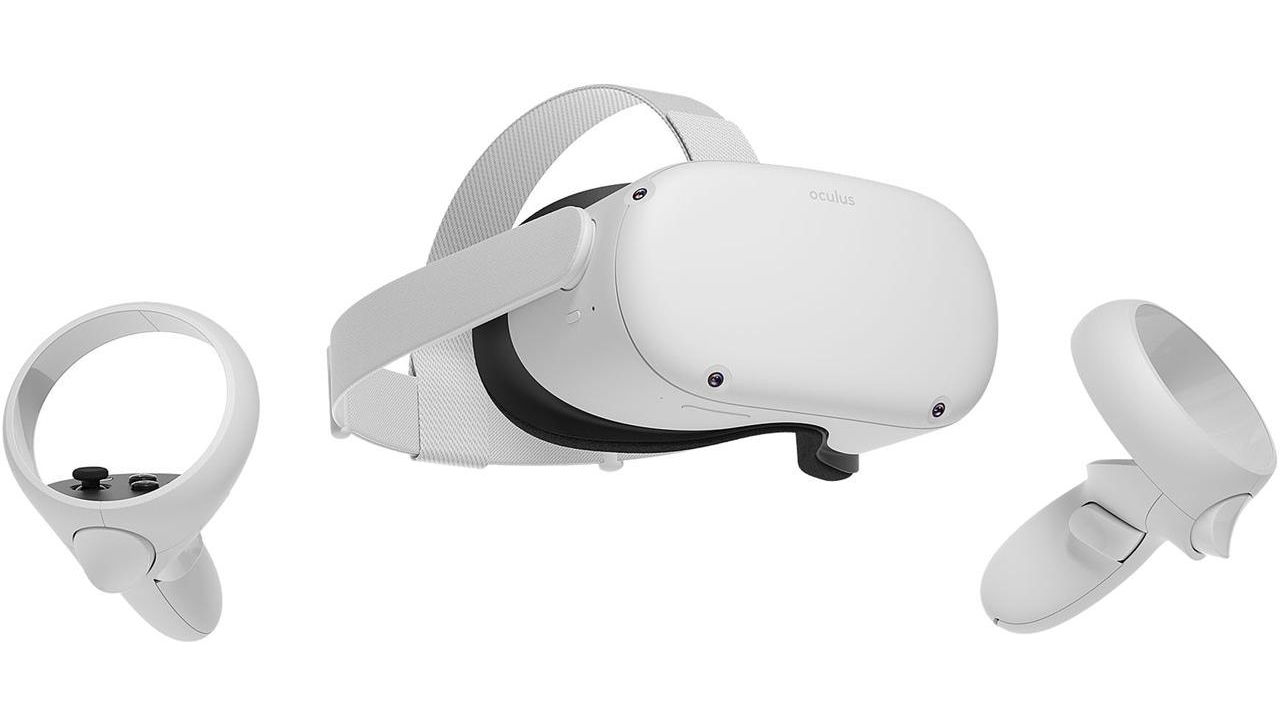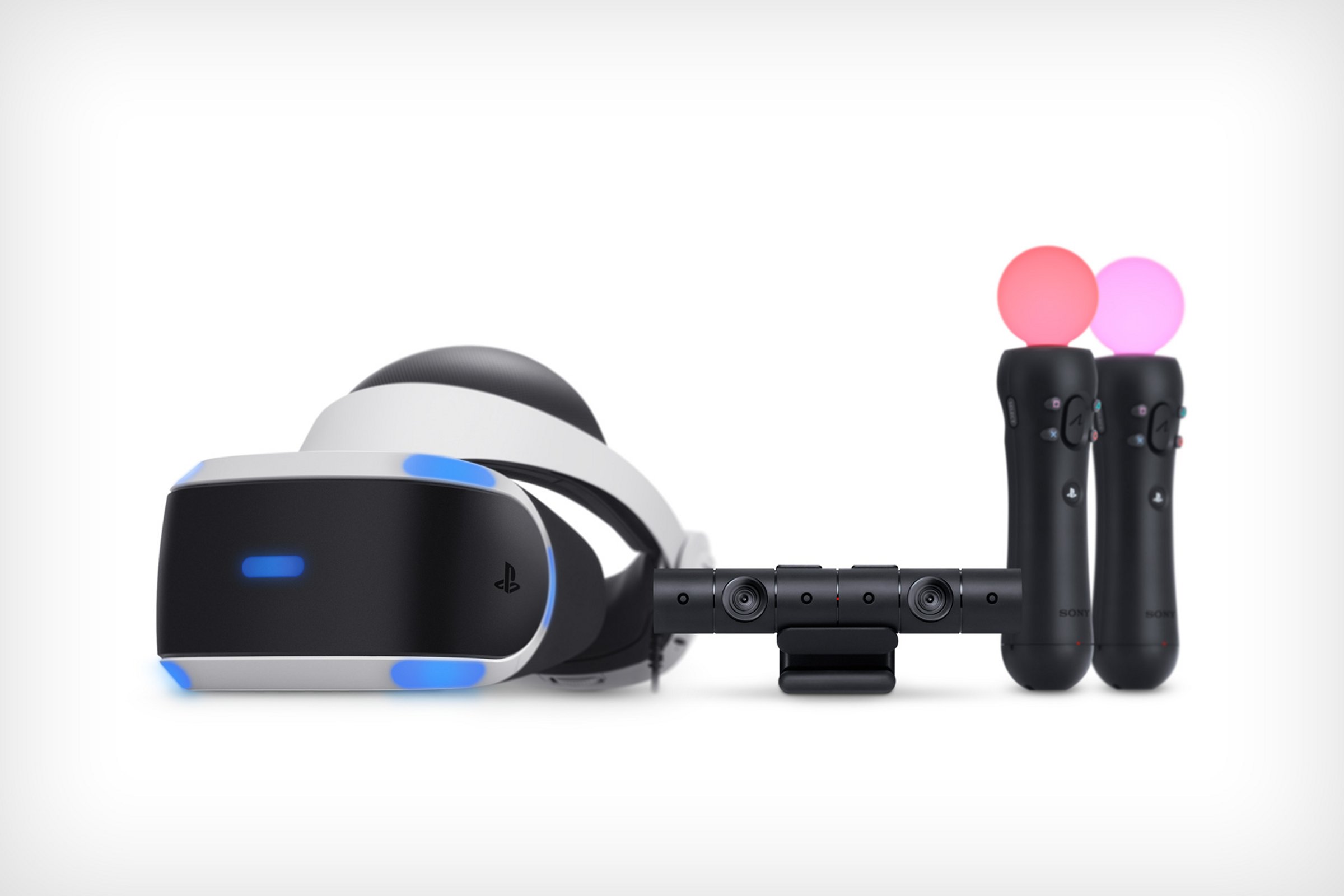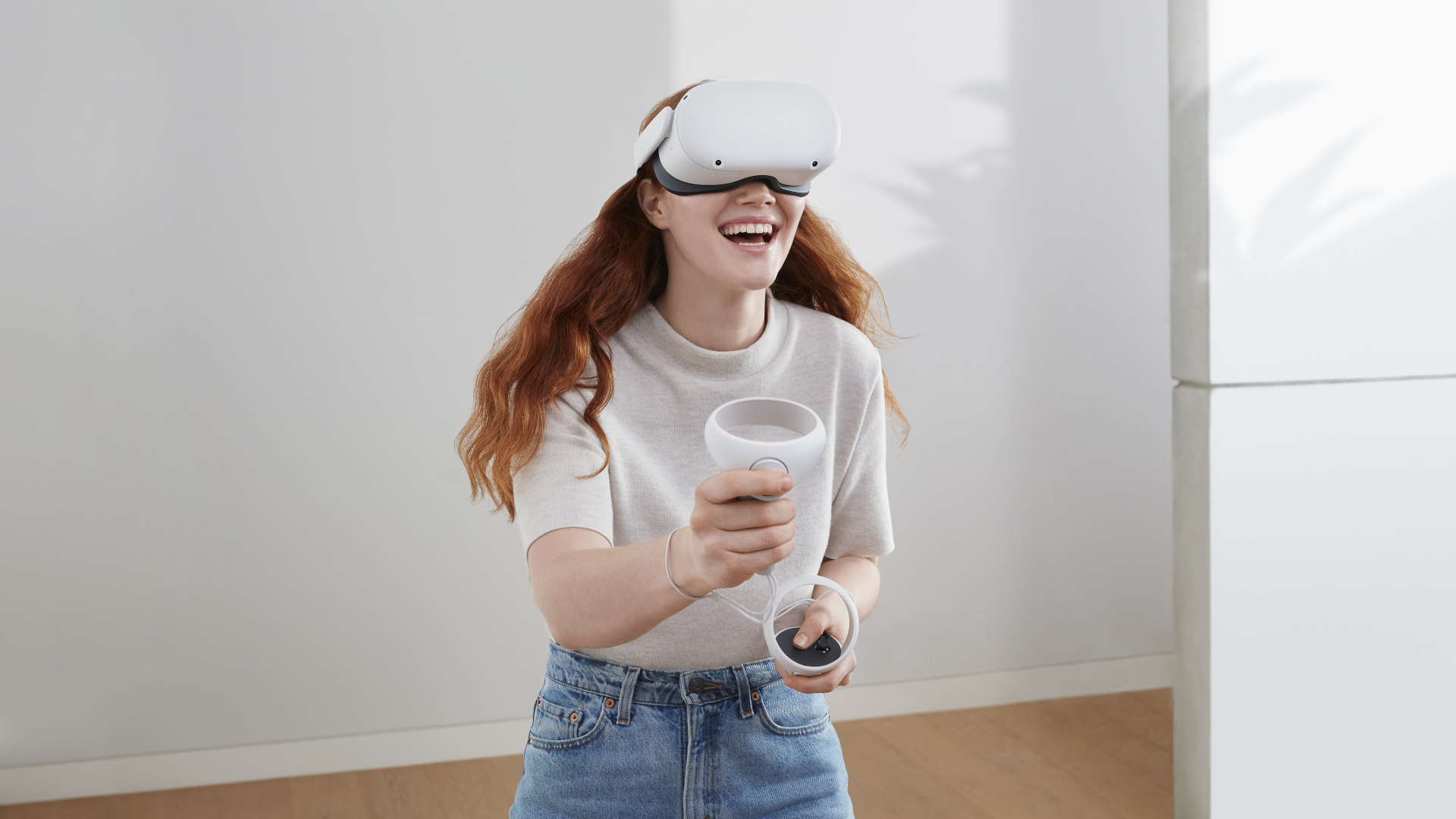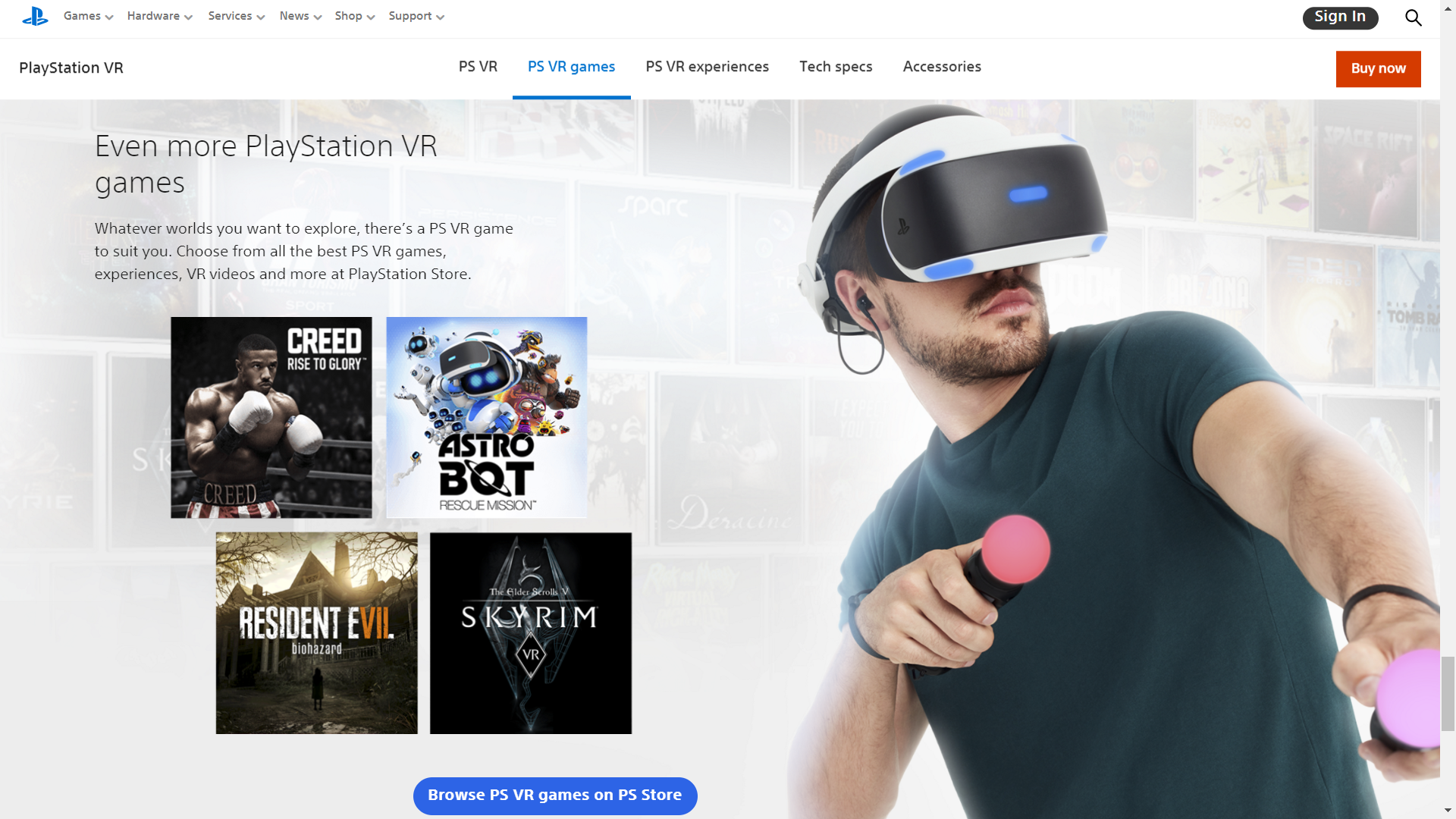The Oculus Quest 2 (or Meta Quest 2) and PlayStation VR (or PSVR) have something important in common; and it’s not that people argue over what to call them. Both of these headsets offer a quality virtual reality experience – as you can see in our Oculus Quest 2 review, and our PlayStation VR review – and they are also similar in price. Each is an extremely attractive entry into the world of VR games and experiences. But which should you buy?
A lower price doesn’t automatically mean a lower standard of virtual reality and, indeed, many of the same games and apps that can be played on the wallet-busting Valve Index, for example, can also be played on these. Both the PSVR and Quest 2 are on the cheaper end of the VR headset scale and they’re both on our best VR headsets list.
If you’re worried that the world of VR will be too different from 2D gaming – don’t be. Many developers of traditional 2D games also work on VR titles, and there’s a wide variety of games, apps, and videos for each headset. You’ll have no trouble finding something that you like. If cost remains a concern even at this lower scale, take a look at our collection of VR headset deals and best free VR experiences where we may be able to help you out.
It’s also worth noting that the PSVR 2, Sony’s next-generation VR headset built specifically for the PS5 is on the way, so if you’re looking for the latest and greatest from Sony, it might be worth waiting for the sequel.
Oculus Quest 2 vs PlayStation VR: Design

The Oculus Quest 2 is (charger aside) entirely wireless. You don’t even need to plug it into a PC for setup; just connect it to your WiFi, and everything can be sorted with nothing more than the headset and controllers that came in the box. It’s an entirely self-sufficient unit with no need for a PC, console, or external camera in order to download and play games, videos, and apps. The two Touch controllers, with their minimalist design, are surprisingly light and intuitive to use. It may seem somewhat backwards-looking that they run on AA batteries but, depending on how often you use the headset, these batteries can easily last for weeks, or even months.
On the downside, the standard head strap (there’s a better one sold separately) can be rather fiddly to adjust, which could prove frustrating if you plan for more than one person to use it on a regular basis. It’s also worth noting that on initial setup, you must draw a ‘Guardian’ area within your intended play space. This entails using the forward-facing camera to view your surroundings and ‘drawing’ a safe play space that the Quest is happy with. The Quest may demand that you draw it again if it doesn’t recognize your surroundings when you next turn it on.

The PlayStation VR is, like the Quest, perfectly comfortable to wear for extended periods (although it’s more susceptible to bringing out sweat in long sessions – this is why it’s important to know how to clean VR headsets properly). There’s no getting round the fact that using the PSVR means having cables trailing along the floor though, with the headset plugging into a box which itself then plugs into the console, power adapter, and TV.
PSVR requires a PS4 (or PS5, via an adapter that you must request from Sony (opens in new tab)), and a PS4 camera. While this means yet more cables, it also means that the PSVR can offer benefits that the Quest cannot. The ability to play traditional 2D games on a virtual cinema-style big screen within the headset, and even (on PS4) the ability to watch 3D Blu-rays.
The main downside of Sony’s headset, aside from the cables, is inconsistent controller tracking. If you’re lucky enough to have a large room with plenty of clear distance between you and the TV, this will probably rarely (if at all) be an issue. Otherwise, for games that track the movement of your controller/s, you may find that the most demanding struggle is keeping up with wide, sweeping movements (especially when reaching up or down). With no external camera to ‘see’ the controllers, this isn’t an issue for the Quest.
Winner: Oculus Quest 2
Oculus Quest 2 vs PlayStation VR: Specs

The Quest offers a higher resolution image, at 1832 x 1920 per eye versus PlayStation VR’s 960 x 1080. If you’re wondering, yes, the difference is very noticeable. Both, however, are capable of 120 Hz refresh rates.
Surprisingly perhaps, PSVR offers the superior field of view, at 96 degrees compared to Quest’s 89 degrees. Nonetheless, the Quest’s display is so much more crisp and clear that the end result here is a foregone conclusion.
Winner: Oculus Quest 2
Oculus Quest 2 vs PlayStation VR: Cost

The cheapest version of the Oculus Quest 2 is $299/£299, and the more expensive version (with 256 GB storage rather than 128 GB) is $399/£399. Whichever version you buy includes everything you need to get going.
For the PSVR, we’ll assume that you already own a PS4 and/or PS5 (and a TV!). The headset packaged with camera costs roughly $299/£249. That doesn’t include the Move controllers, which are necessary for certain games. These are surprisingly difficult to find and will probably set you back about $99/£99 for a pair if you can find them.
Long-term however, PSVR may work out cheaper. Some games are available physically, which means that you can shop around for the best price, buy second-hand, and trade in when you’re done. In addition, when PSVR games are on sale on the PlayStation Store, the discounts are (usually) better than those found on the Oculus/Meta store.
Winner: Draw
Oculus Quest 2 vs PlayStation VR: Exclusive games

One thing it’s important to note is that many VR titles – such as Beat Saber, Vader Immortal, Job Simulator, and many more – are available for both. In fact, the Quest has bled so many exclusive games, it doesn’t have many standouts left. The VR adaptation of Resident Evil 4 is the closest it has to a killer app, with Tales from the Galaxy’s Edge perhaps tempting Star Wars fans.
PSVR, on the other hand, has built up an impressive roster of brilliant exclusives over the years. Astro Bot: Rescue Mission and Statik for example are superb, while brilliant games such as WipEout, Hitman 3, and Dreams have been updated with VR modes.
Winner: PlayStation VR
Oculus Quest 2 vs PlayStation VR: Verdict
Want the best picture and a completely wireless experience (and don’t mind the Facebook account requirement)? Then the Quest is for you. However, if you’re willing to sacrifice resolution for a superior games catalogue – and you’re okay with weathering occasional controller tracking issues – then the PSVR is the way to go.
If you’re still undecided, check out our Oculus Quest 2 vs. Valve Index and best VR headsets articles to see if it can help you make up your mind about which VR headset is right for you.

